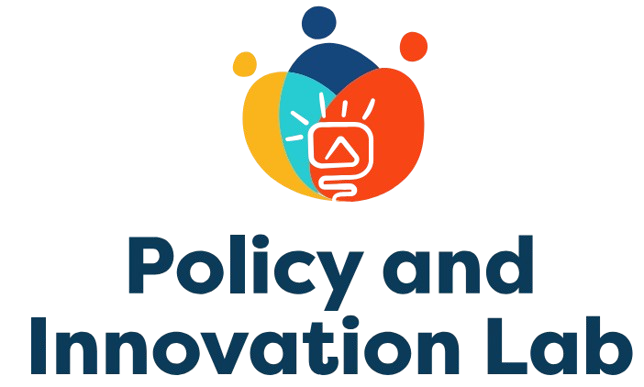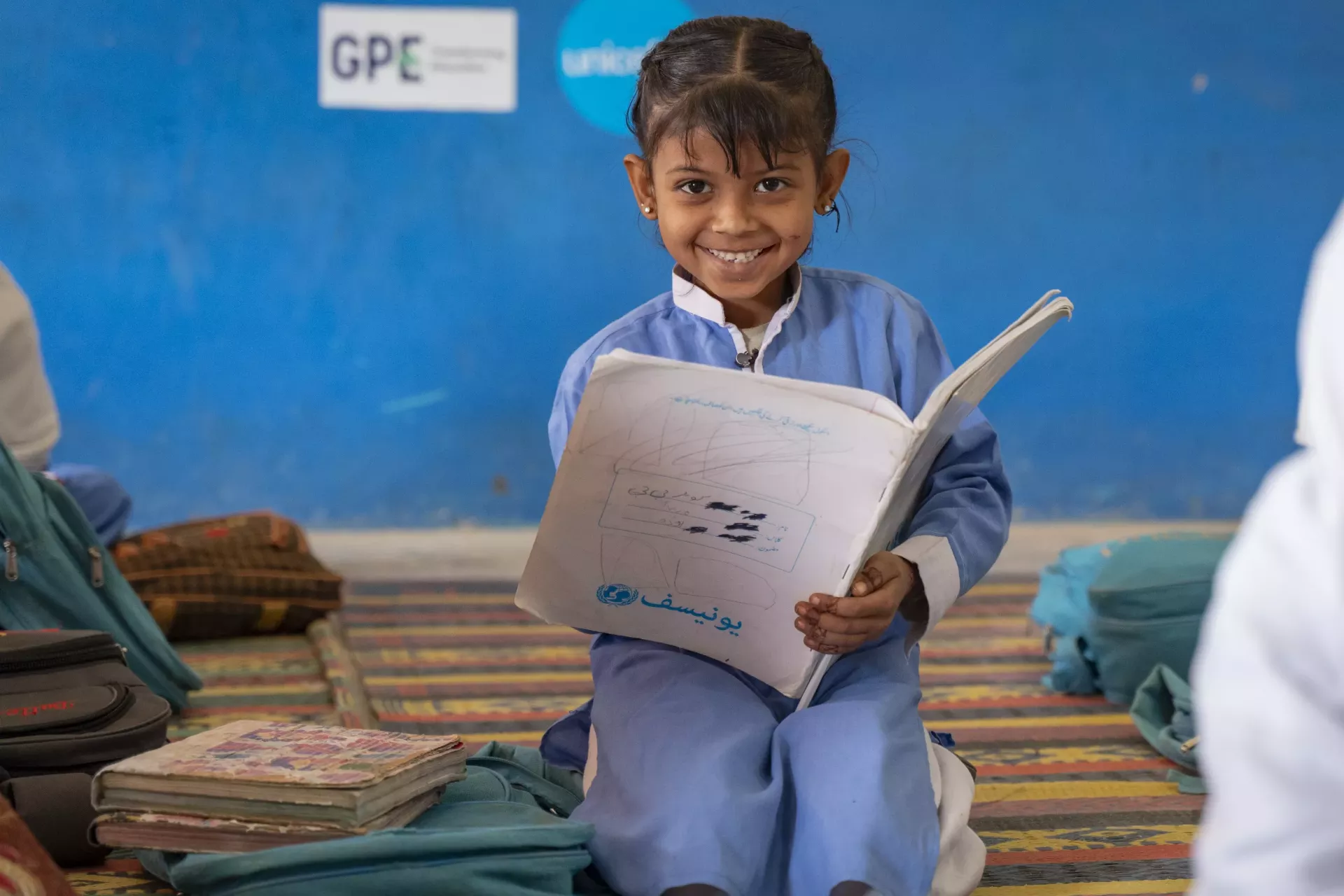Lasbela District, Balochistan: With her small hands gripping a pencil, 8-year-old Ume Asma carefully writes in her notebook, her face lighting up as she solves a mathematics problem. Just months ago, the third grader struggled with her studies and was particularly wary of mathematics.
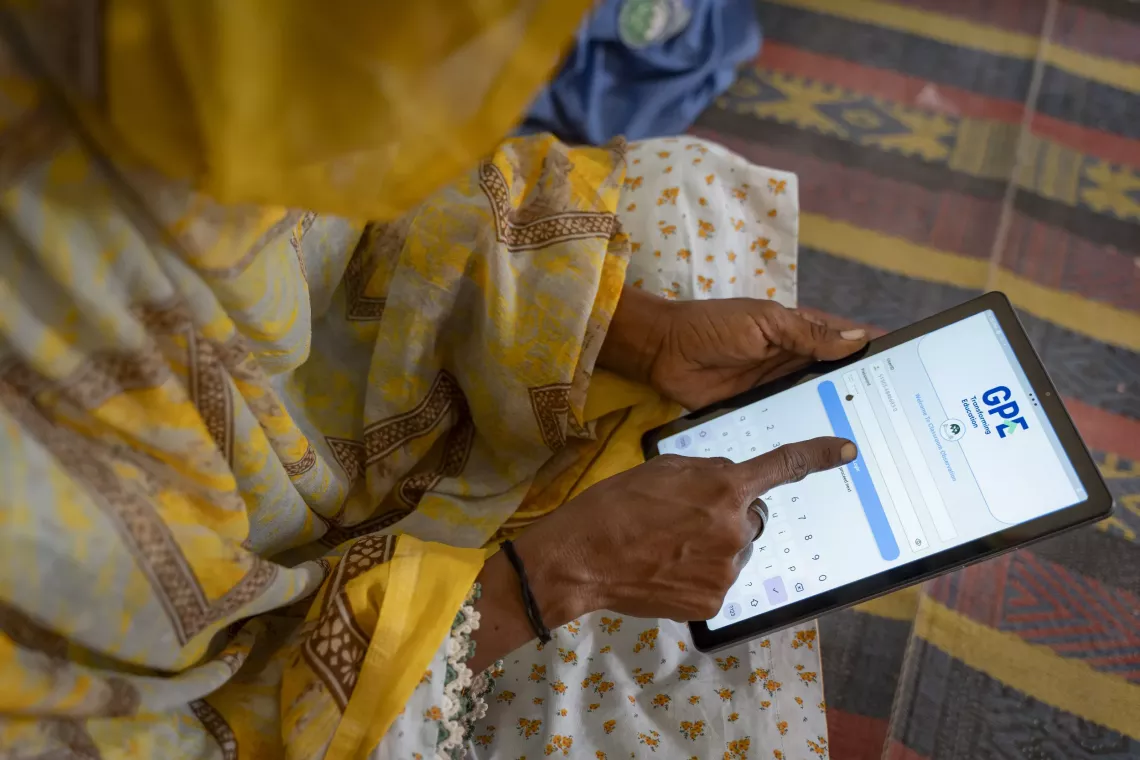
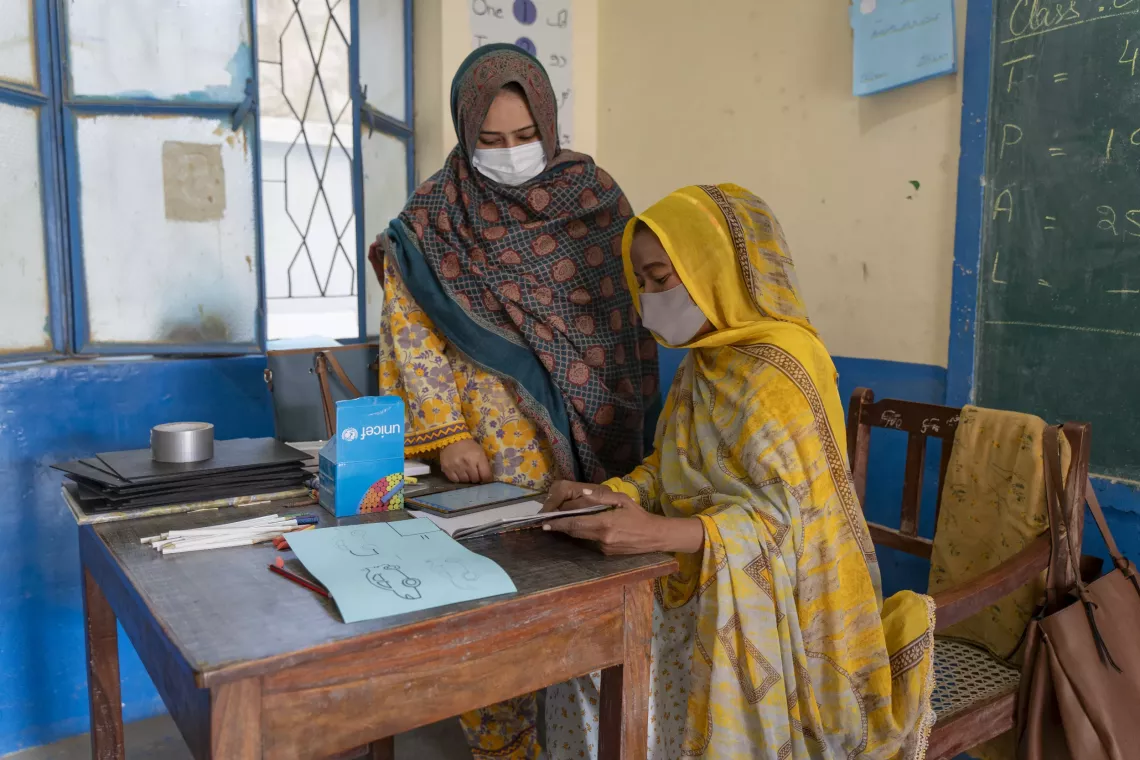
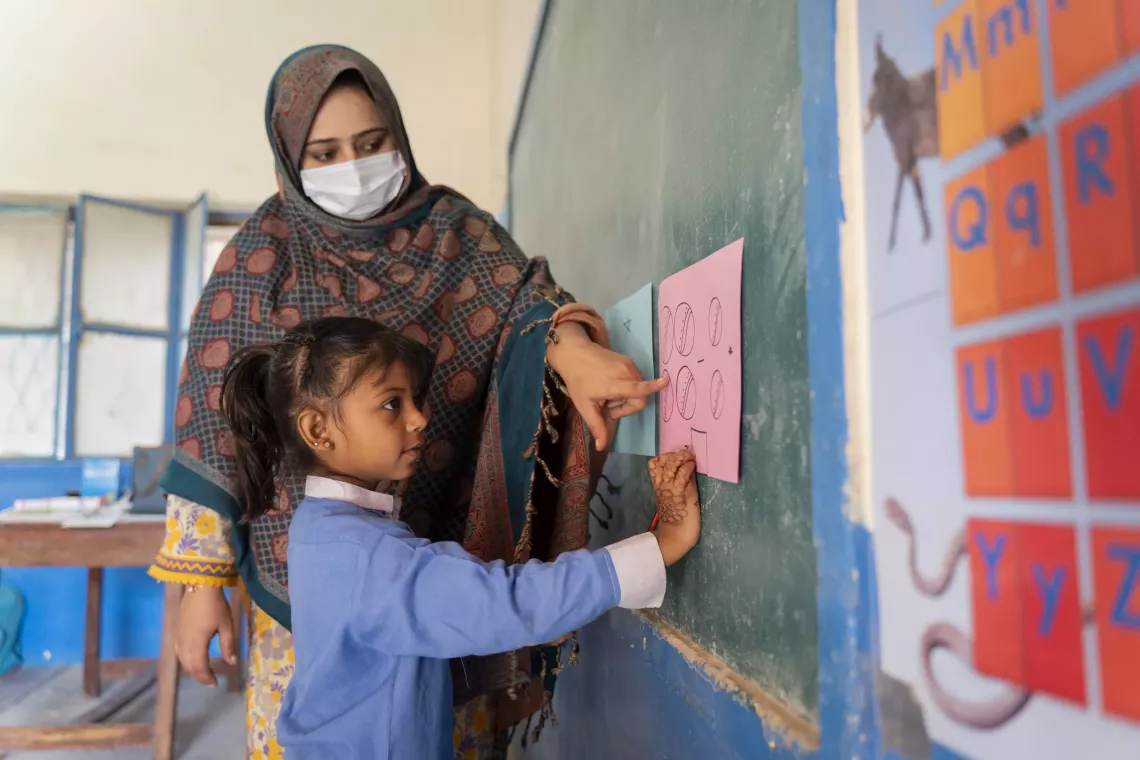
“This programme is strengthening the quality of education in our schools. By providing ongoing mentorship to teachers and introducing interactive learning methods, we are witnessing a real transformation in both teaching effectiveness and student engagement. We are thankful to GPE and UNICEF for their efforts to ensure that children in remote areas of Balochistan receive quality education which will help them prosper,” says Dr. Shamim, District Officer Education.
